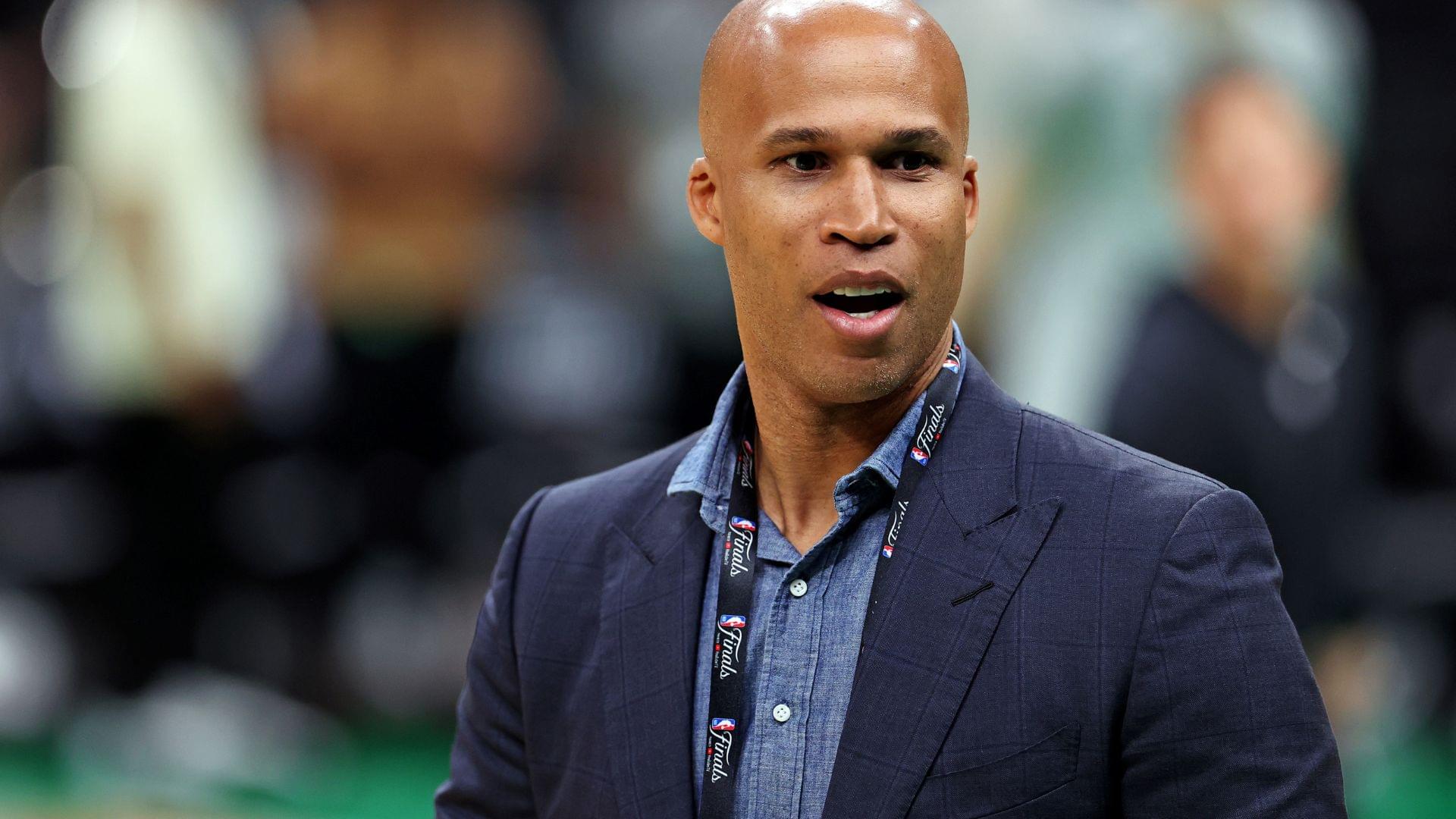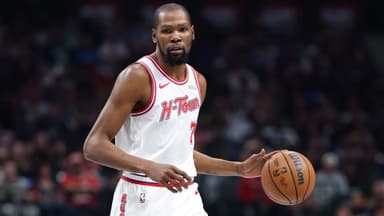Imagine it being October and there are no NBA games. That’s what the league and fans had to endure in 2011 during the two-month-long lockout. The length of the season was reduced to 66 games per team back then. We could be headed toward a similar situation if measures aren’t taken to mitigate the issues.
Advertisement
According to several sources, the players aren’t all too fond of the second apron. This is due to the disparity in pay between the superstars and the rest of the roster, and the way it breaks teams up.
This unhappiness could force players to sit out of games. The situation could escalate unless the league changes rules that give them more financial security and roster stability, according to Richard Jefferson.
Right now, it almost feels like if a player is not worthy of a max or supermax deal, their salary takes a major hit. Teams just do not want to hand out strong mid-tier contracts anymore. You are either a superstar who gets paid a fortune, or you are fighting for whatever is left.
Jefferson explained the problem with this second apron perfectly on the Road Trippin podcast. “If you’re in that apron multiple times, the level of tax penalty is exponential,” he said.
“It can affect your draft picks… It’s basically a hard cap, and what I am saying is when you start hearing players talk like this at the beginning of a new CBA deal, you know what’s going to happen at the end of the CBA deal,” added Jefferson, who further stated that the league wants an open market.
Jefferson compared the NBA with the NFL and the MLB, insisting that an owner should be able to pay whatever the players want. The fact that multiple players are talking about this at the beginning of the Collective Bargaining Agreement deal spells trouble.
“There’s most likely going to be something that has happened in the ’90s and the 2000s. And shoutout to the WNBA, they know what we’re talking about, people have been screaming that it’s a bad deal from the onset,” added Jefferson.
The deal Jefferson was talking about was the $77 billion, 11-year TV agreement. The consequence he was worried about?
A lockout. Plus, Jefferson is also worried that NBA players are not getting a fair share of it. The WNBA has dealt with similar concerns recently about revenue distribution, which has left the league in danger of a potential lockout.





